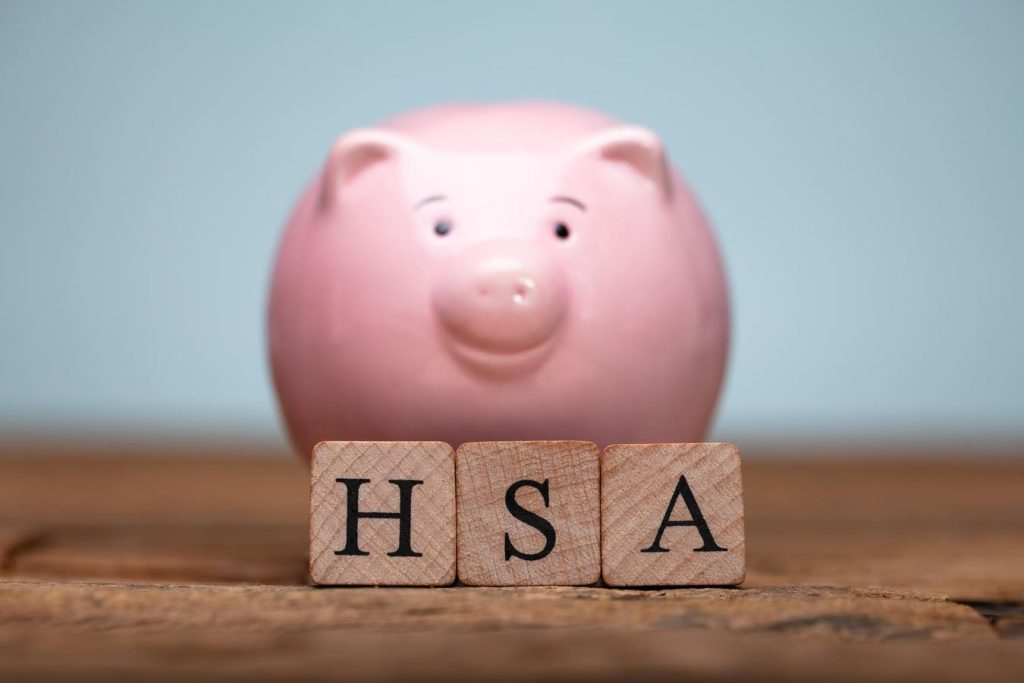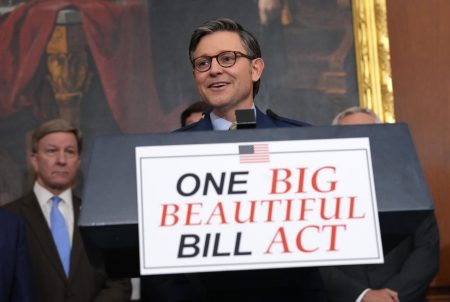Health Savings Accounts (HSAs) mark their 21st anniversary this January, having become essential financial tools for millions of Americans in managing their healthcare expenses. Originating as a cost-effective way to save for medical needs, HSAs provide individuals with tax advantages and greater personal control over healthcare spending. This anniversary comes at a pivotal time as trends such as the rise of the gig economy and the increased use of Individual Coverage Health Reimbursement Arrangements (ICHRAs) signal a burgeoning opportunity for HSAs to reach an even wider audience. With 59 million gig workers in the U.S. often lacking access to employer-sponsored health benefits, exploring innovative ways to integrate HSAs into their financial strategies is crucial.
Gig workers typically must procure health insurance independently, often through the Affordable Care Act (ACA) Marketplace. However, many encounter substantial financial barriers due to high premiums and out-of-pocket costs, exacerbated by regulations such as community rating and the medical loss ratio. These factors create significant challenges, making the affordability of care a pressing issue. By allowing gig workers and others to utilize their HSAs supported by contributions from employers, the government, or private entities, individuals could significantly mitigate their premium and out-of-pocket expenses. This proposed flexibility would enhance the accessibility and practicality of HSAs, especially for those who currently sit outside of traditional employer-sponsored health plans.
The economic rationale for HSAs extends beyond accessibility; these accounts enable patients to directly benefit from competitive pricing. HSAs allow for tax-deductible contributions, tax-free growth, and tax-free withdrawals, serving both a financial and a health-oriented purpose. They empower patients to negotiate cash prices when receiving care, often leading to better deals compared to those negotiated by insurance companies. Evidence from academic research and social media anecdotes indicates that direct payments may lead to reduced healthcare costs, challenging the prevailing narrative of ever-rising medical expenses. Services not covered by insurance—such as cosmetic surgery—have often seen significant price reductions as a result, underscoring the positive impact of market competition on healthcare pricing.
The need for HSAs transcends geographic and economic boundaries, with a substantial percentage of account holders coming from households earning below $100,000. However, current Medicare and Medicaid regulations limit access to HSAs for low-income beneficiaries, which could be addressed through legislative changes. A study published in the Journal of the American Medical Association outlined the benefits of cash subsidies for low-income individuals, noting reduced emergency room visits and improved overall health. By extending HSA eligibility to vulnerable populations, the healthcare system could move towards a model that rewards individuals for engaging with their health proactively.
Advocating for expanded HSA access should be accompanied by reforming insurance products. Insurance plans should be tailored to cover high-cost medical events, allowing patients to select policies that align with their health needs and risk tolerances. This approach contrasts with the traditional model’s one-size-fits-all solution, which has led to inefficiencies and disappointing population health outcomes despite significant spending. As regulators reconsider healthcare frameworks, new policies are needed that promote flexibility and instill accountability among insurers, patients, and providers. Such a shift could result in better alignment of financial incentives throughout the healthcare landscape.
Ultimately, while the transition toward expanded HSA access and reformed insurance offerings may meet resistance from established interests, the momentum for change is palpable. Patients desire more control over their healthcare expenditures, while healthcare providers and insurers aim for innovations that drive efficiency. Encouraging patients to engage directly with their healthcare finances could create an ecosystem that fosters competition and improves overall quality of care for all Americans. By capitalizing on the growing demand for better, more affordable healthcare, the potential exists to shape a system that operates effectively for a diverse population, ensuring sustainable access to medical services in the years to come.










